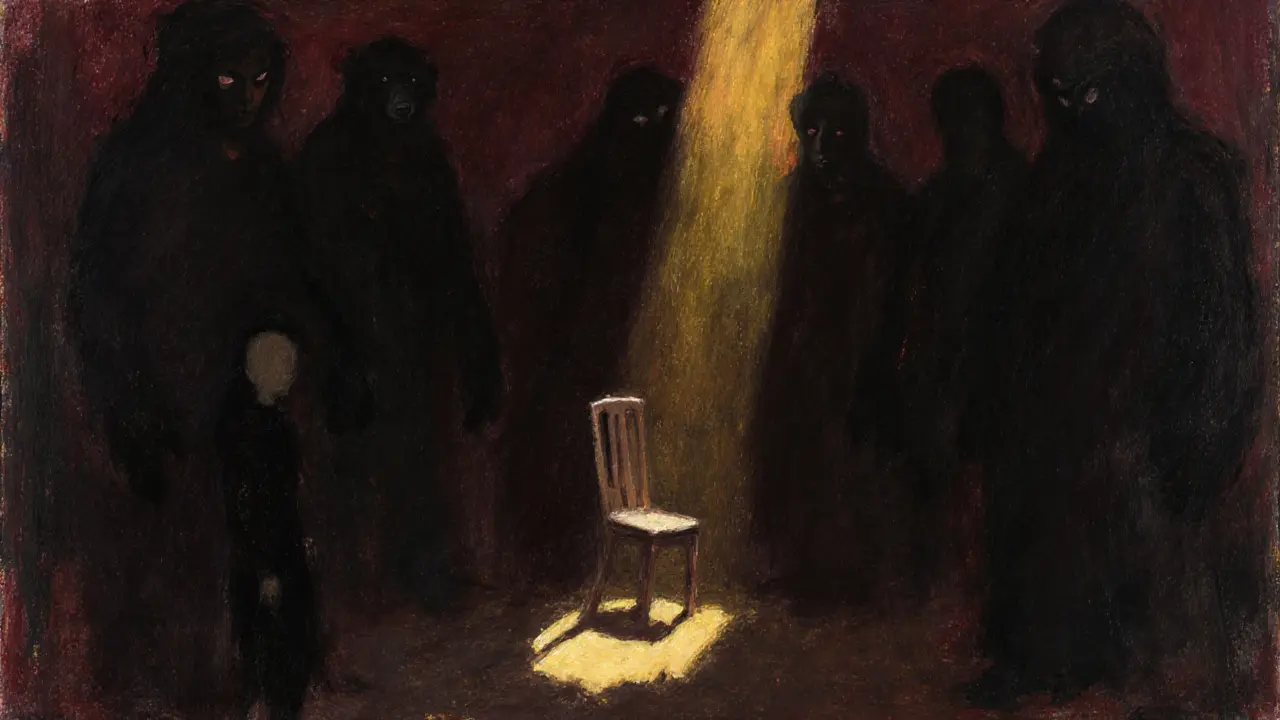Léčba traumatu: Jak překonat důsledky zážitků a najít cestu zpět k sobě
When you’ve been through something that changed you forever, your body and mind don’t just forget. léčba traumatu, proces, který pomáhá lidem zpracovat a překonat psychické následky závažných zážitků. Also known as traumata léčba, it’s not about erasing the past — it’s about rebuilding your sense of safety, control, and self-worth after something broke it. Trauma doesn’t always come from big events like accidents or violence. It can also hide in prolonged stress, emotional neglect, or repeated betrayal. What matters isn’t how "big" the event was, but how it changed the way you feel about yourself and the world around you.
Many people think trauma means PTSD, diagnóza, která se objevuje, když se příznaky traumatu prodlužují měsíce nebo roky. Also known as posttraumatická stresová porucha, it’s just one possible outcome — and not everyone who’s been through something hard will get it. But even without a formal diagnosis, you might notice signs: trouble sleeping, sudden panic, feeling numb, overreacting to small things, or avoiding places, people, or conversations that remind you of what happened. Your brain is still trying to protect you — even if it’s overdoing it now.
Good psychoterapie traumatu, přístup zaměřený na bezpečné zpracování zážitků bez přetížení. Also known as traumato-centrická terapie, it’s not about forcing you to relive the pain. It’s about helping your nervous system calm down, reconnect with your body, and slowly rebuild trust — in others, and in yourself. Techniques like grounding, body-awareness exercises, and paced exposure are used carefully, step by step. You don’t need to talk about everything right away. In fact, many people start by learning how to feel safe again — even if it’s just sitting in a room without panic.
And it’s not just about the past. Trauma affects how you connect with people. It can make you push others away, or cling too tightly. It can show up as anger, shame, or exhaustion. That’s why stabilizace po traumatu, první a nejdůležitější fáze léčby, která se zaměřuje na bezpečí a kontrolu. Also known as stabilizační fáze, it’s the foundation everything else builds on. Without it, diving into memories too fast can make things worse. That’s why the best trauma work starts with what you can handle today — not what happened five years ago.
You’ll find posts here that cover how mindfulness works (or doesn’t) for trauma survivors, how sleep gets ruined by past pain, what happens when you meet your therapist on the street, and how movement and dance can help when words aren’t enough. Some talk about how trauma shows up in ADHD, autism, or relationship breakdowns. Others explain how to get help even if you can’t afford therapy right now. This isn’t a one-size-fits-all guide. It’s a collection of real, practical insights from people who’ve been there — and from therapists who know what actually works.
Psychodrama: Jak hraní rolí pomáhá uzdravit traumata
Psychodrama je terapeutická metoda, která pomáhá uzdravit traumata hraním rolí. Místo slov používá tělo, akci a skupinu. Efektivní pro komplexní trauma, ale vyžaduje kvalifikovaného terapeuta.
ČÍST VÍCE